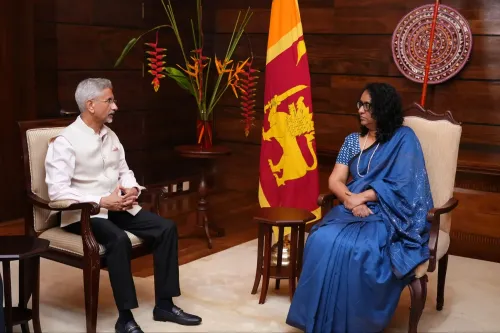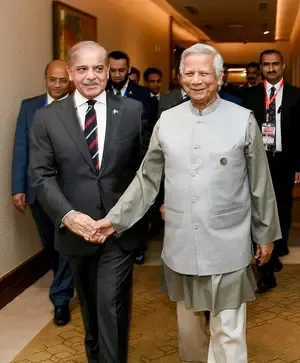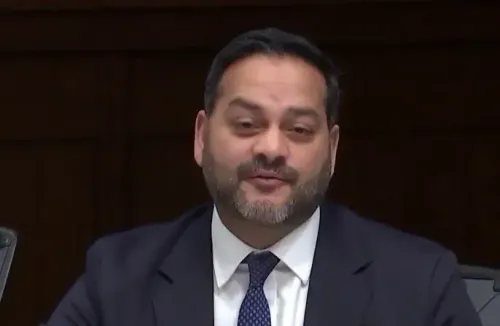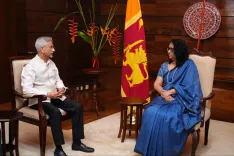Is the Yunus Administration Fueling Journalist Torture in Bangladesh?
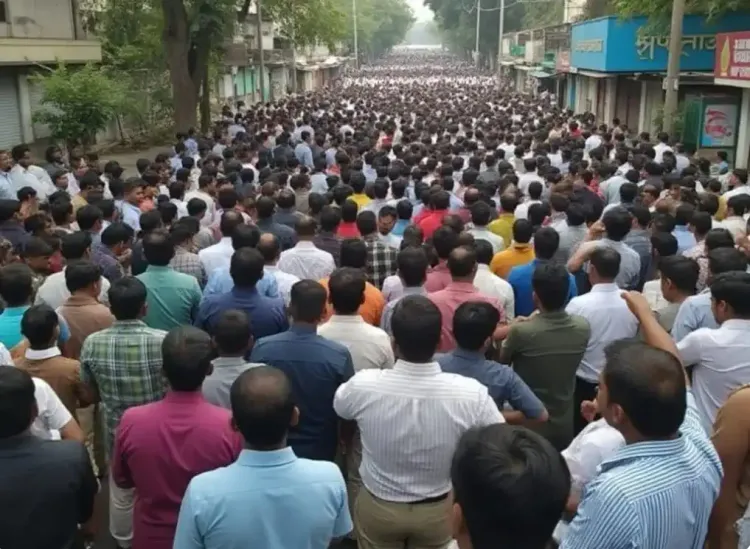
Synopsis
Key Takeaways
- 88 expatriate journalists express concern over journalist treatment.
- Claims of torture and suppression under Yunus administration.
- Over 412 journalists affected by harassment allegations.
- Media control measures lead to a chilling effect on free speech.
- Call for international attention to press freedom issues in Bangladesh.
Dhaka, July 3 (NationPress) A coalition of 88 expatriate journalists, writers, researchers, cultural figures, and rights advocates has expressed serious concerns regarding the ongoing torture of journalists and the suppression of free speech in Bangladesh under the leadership of the Muhammad Yunus-led interim government.
In a unified statement, the group accused the government of subjecting journalists to unimaginable torture since August 5, leading to an atmosphere that has left many feeling despondent and disheartened.
They claimed that the Yunus administration is implementing measures to stifle freedom of speech through various official and unofficial controls on both traditional and social media, labeling this conduct as shameful and abhorrent.
The statement, released on Wednesday, highlighted that over the past 11 months, journalists in Bangladesh have faced continuous torture at multiple stages. It noted that at least 412 journalists have faced harassment allegations, with some even charged with murder, and 39 journalists have been arrested.
Additionally, the bank accounts of more than 100 journalists have been frozen, and over 300 journalists have been restricted from traveling abroad.
The group alleged that the Anti-Corruption Commission has initiated harassment cases against journalists.
Moreover, over a thousand journalists, including those in Dhaka, have been compelled to resign from their positions.
The press accreditation cards of 168 journalists have been revoked, while the memberships of 101 journalists in various press clubs, including the National Press Club, have been suspended or canceled. They also claimed that control of a media house was forcibly taken over.
The statement noted that 10 journalists were killed and many others injured during the protests last July, with the government failing to provide any assistance to the victims' families.
Furthermore, it mentioned incidents of organized mobs confronting a media house, an event described as unprecedented not just in Bangladesh but globally.
The expatriates asserted that these oppressive actions have resulted in severe mental, social, and economic suffering for journalists and their families, pushing them into a dire existence.
They emphasized that such repression has played a significant role in silencing free speech and damaging Bangladesh's international reputation.
The statement concluded by noting that despite the extensive crackdown and numerous legal actions, the interim government has not taken any preventive measures, leading them to suspect that the government itself might be complicit in these oppressive acts.
They characterized the current level of repression against journalists and media as unparalleled in Bangladesh's history, questioning if such conditions are found anywhere in the democratic world.


